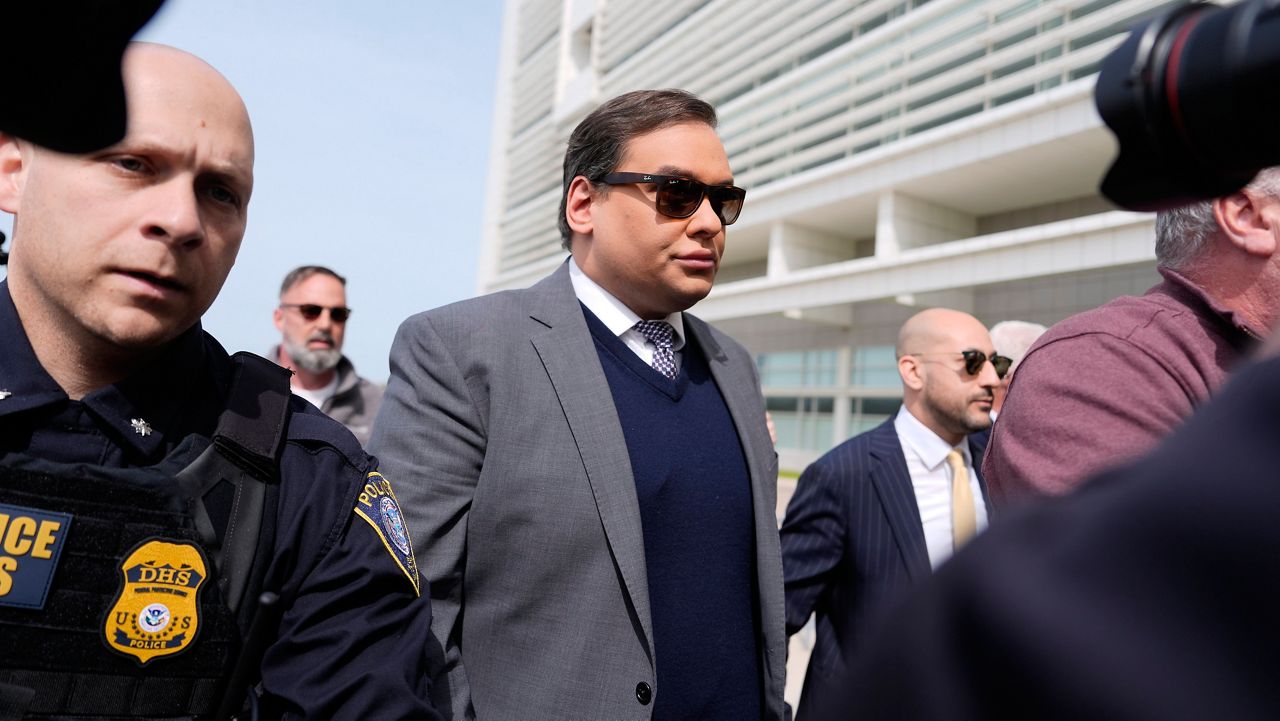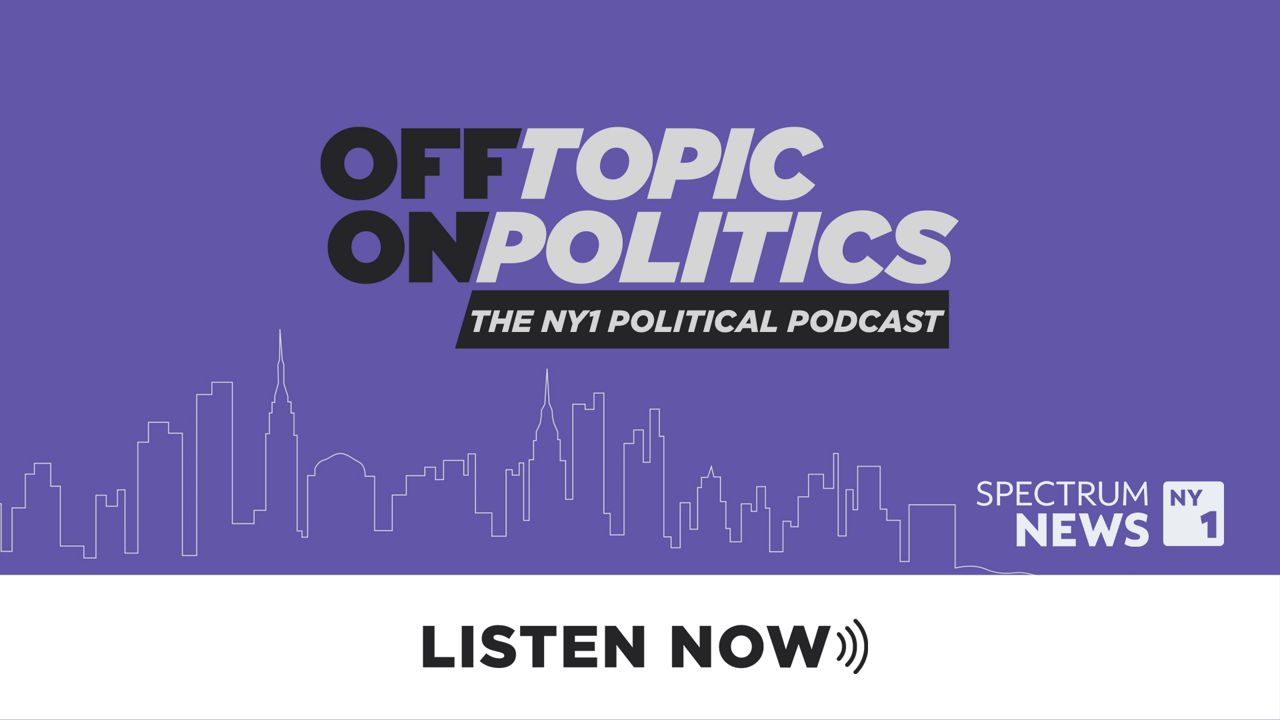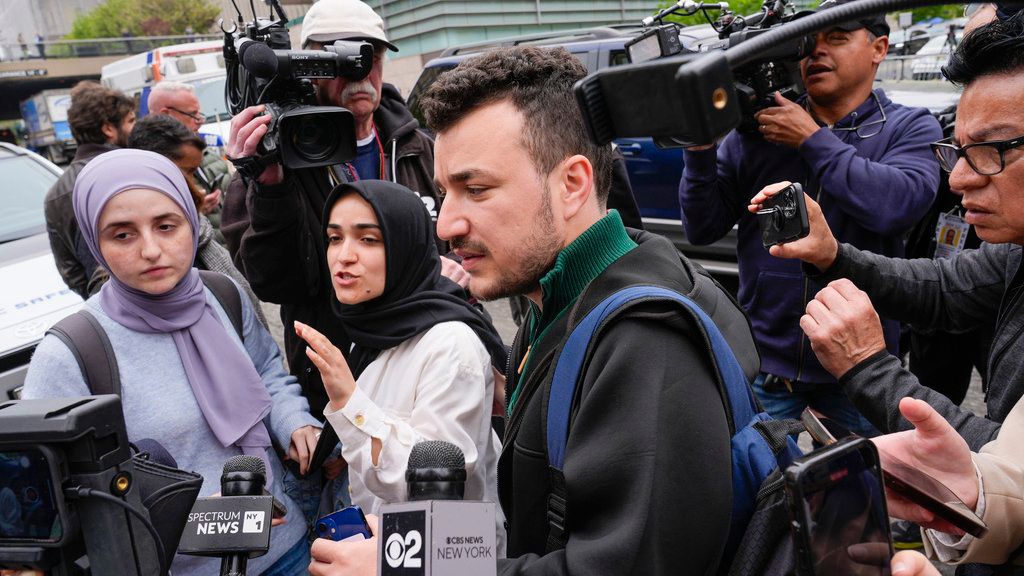On the economy — as on many issues — the candidates for president seem to live in different realities.
While Vice President Kamala Harris has said the U.S. economy is “the strongest in the world” by “virtually every measure,” former President Donald Trump has maintained Democrats have “destroyed the economy.”
What You Need To Know
- On the economy — as on many issues — the candidates for president seem to live in different realities
- Vice President Kamala Harris says she has a plan to help the middle class, raising taxes on the wealthiest Americans and on corporations, but maintaining tax rates for those earning under $400,000
- Former President Donald Trump, meanwhile, promises to extend and expand the tax cuts passed during his first term in office
In fact, the economy is strong, marked by job growth, low unemployment and a high-flying stock market. Inflation has cooled, leading to a lowering of interest rates.
Still, affordability issues are real, and Harris says she has a plan to help the middle class, raising taxes on the wealthiest Americans and on corporations but maintaining tax rates for those earning under $400,000.
She would expand the child tax credit, boosting it to $6,000 for newborns. She would ban corporate price gouging on groceries, cap prescription drug costs, and tackle the housing crisis with incentives like a $25,000 credit for first-time homebuyers.
“By the end of my first term, we will end America’s housing shortage by building 3 million new homes and rentals that are affordable for the middle class,” Harris said.
Trump, meanwhile, promises to extend and expand the tax cuts passed during his first term in office. His other signature proposal: dramatically hiking tariffs, particularly on Chinese goods.
“We’re going to have 10 to 20 percent tariffs on foreign countries that have been ripping us off for years,” he said.
He says higher tariffs will boost American manufacturing, but they could lead to higher prices, according to many economists, who also warn that Trump’s plan to deport millions of undocumented immigrants would disrupt the labor market.
Trump also promises to drive down energy prices, in part by reversing President Joe Biden’s green energy initiatives.
“Drill, baby, drill. That’s what we’re going to be doing,” he said.
Trump would also slash regulations. On the consumer level, he’s proposed temporarily capping credit card interest rates at 10%. And in a rare case of agreement, both candidates want to stop taxing tipped income.
While Harris emphasizes middle-class relief, she expanded her focus in a recent economic policy speech, praising entrepreneurship and laying out plans to invest in industry and cut red tape. She’s proposed a $50,000 tax deduction for small business startups.
In New York state, officials have prioritized SALT, the state and local tax deduction, which was capped under Trump’s 2017 tax plan, but which he now says he’ll restore. Harris’ position is unclear.
Taken together, economic analysts say Trump’s plans would add more to the national debt; some believe it would raise costs for all but the wealthiest.
“He has no intention to grow our middle class,” Harris said. “He’s only interested in making life better for himself and people like himself.”
Trump, meanwhile, is sticking with far-fetched claims that Harris will usher in another Great Depression.
“We’re not going to let this incompetent socialist lunatic keep breaking our economy for four more years,” he said. “It’ll destroy our country.”










_es_Mn_Helicopter_Noise_CC_Hearing_CG_129541230_2442)
